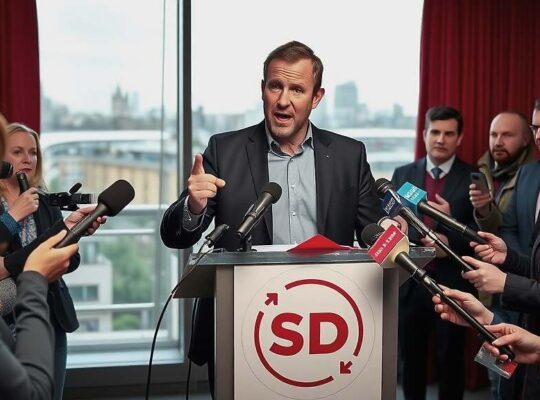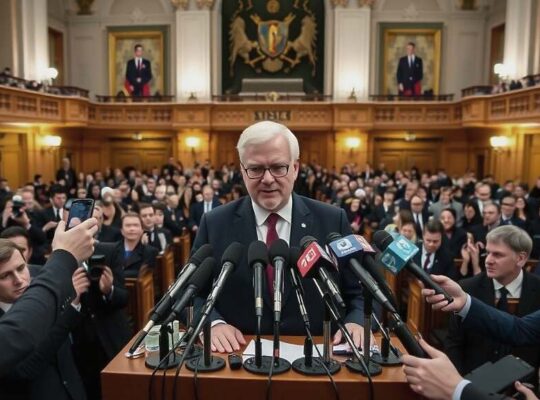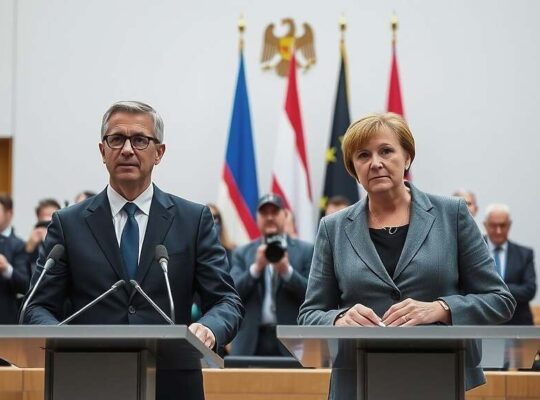A growing chorus of voices is challenging the German government’s current approach to children’s rights, with increasing calls for their formal enshrinement within the nation’s constitution. Jasmina Hostert, youth policy spokesperson for the SPD parliamentary group, has publicly advocated for integrating key elements of the UN Convention on the Rights of the Child directly into the Grundgesetz, a move diverging from the commitments outlined in the current coalition agreement.
Hostert’s proposal aims to elevate the visibility and legal weight of children’s interests within the German legal system. She argues that formally recognizing children’s rights would force policymakers to proactively consider their perspectives, moving beyond symbolic gestures and sporadic attention.
The call for constitutional reform arrives ahead of a critical report by UNICEF, due to be published on Wednesday, detailing the state of children in Germany in 2025. The timing underscores the urgency felt by child welfare organizations. Daniel Grein, National Director of the German Child Protection Association, criticized the government’s lack of commitment, stating it signals a poor precedent. He argues that enshrining children’s rights in the Grundgesetz would ensure their well-being remains a constant consideration, regardless of political expediency.
Thomas Krüger, President of the German Children’s Aid Association, echoed this sentiment, emphasizing the need for a clear legal framework prioritizing the welfare of children, guaranteeing rights to development, protection, support and participation.
The Green Party parliamentary group has lent its support to the campaign, with Misbah Khan, deputy parliamentary group chair, highlighting the importance of this initiative in the context of rising social inequality and systemic challenges within childcare, education and healthcare. Khan firmly stated that children’s rights “unambiguously belong” within the Grundgesetz and that their formal recognition is particularly essential given the existing vulnerabilities faced by many young people.
The debate underscores a growing disconnect between stated intentions and concrete actions concerning children’s welfare and raises questions about the government’s long-term commitment to fulfilling its obligations under international conventions and addressing the increasingly complex needs of a younger generation.












